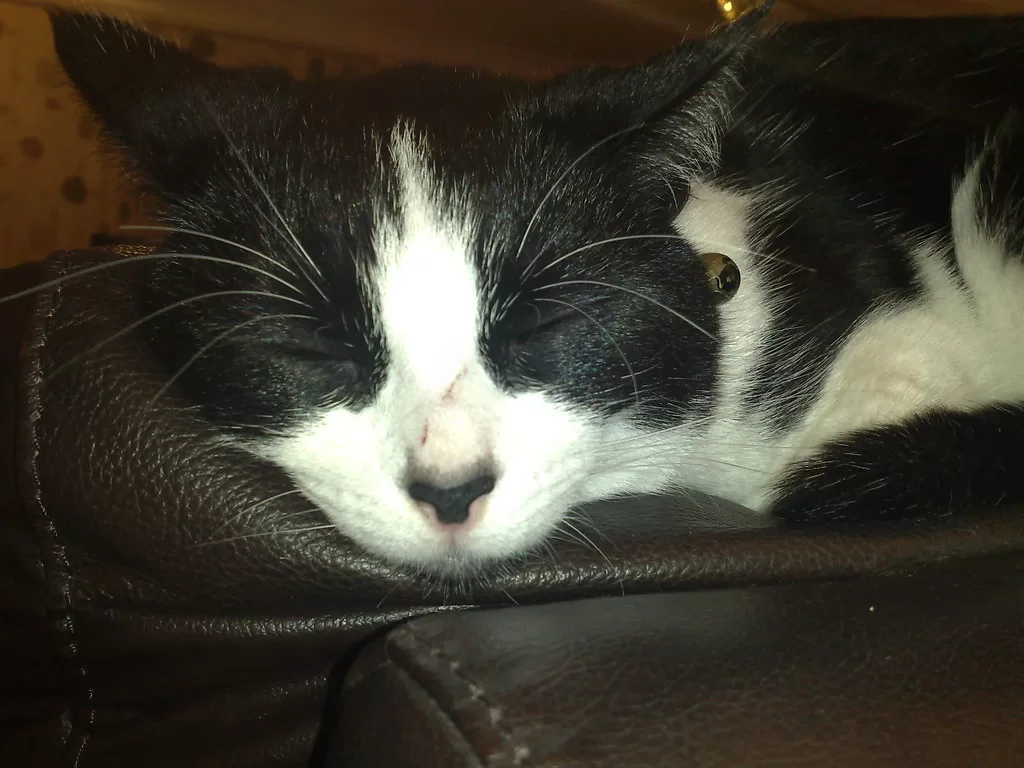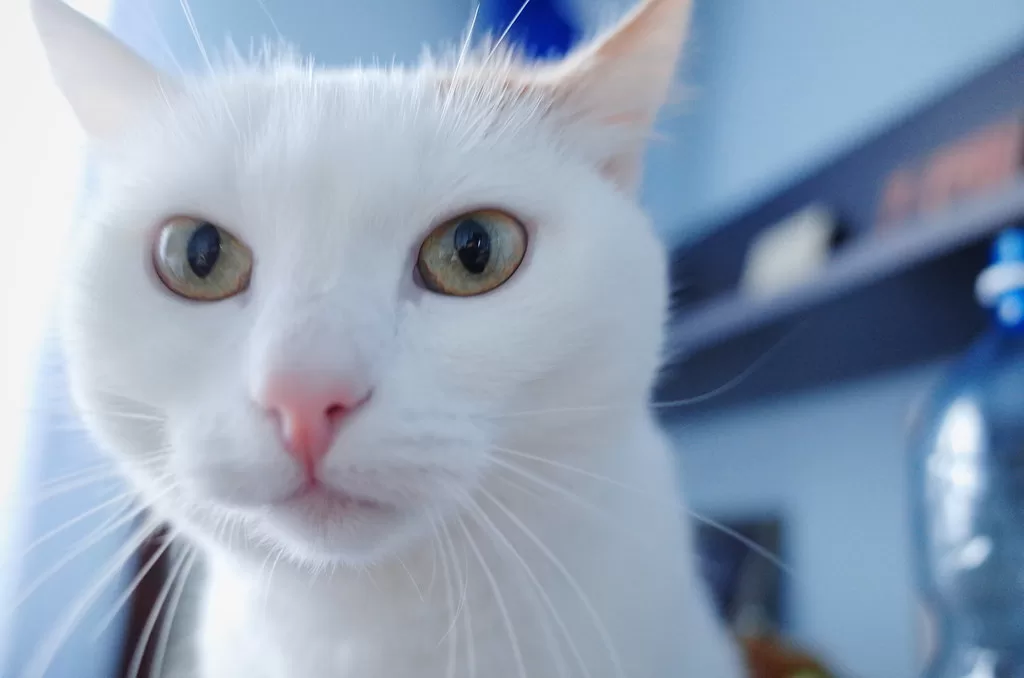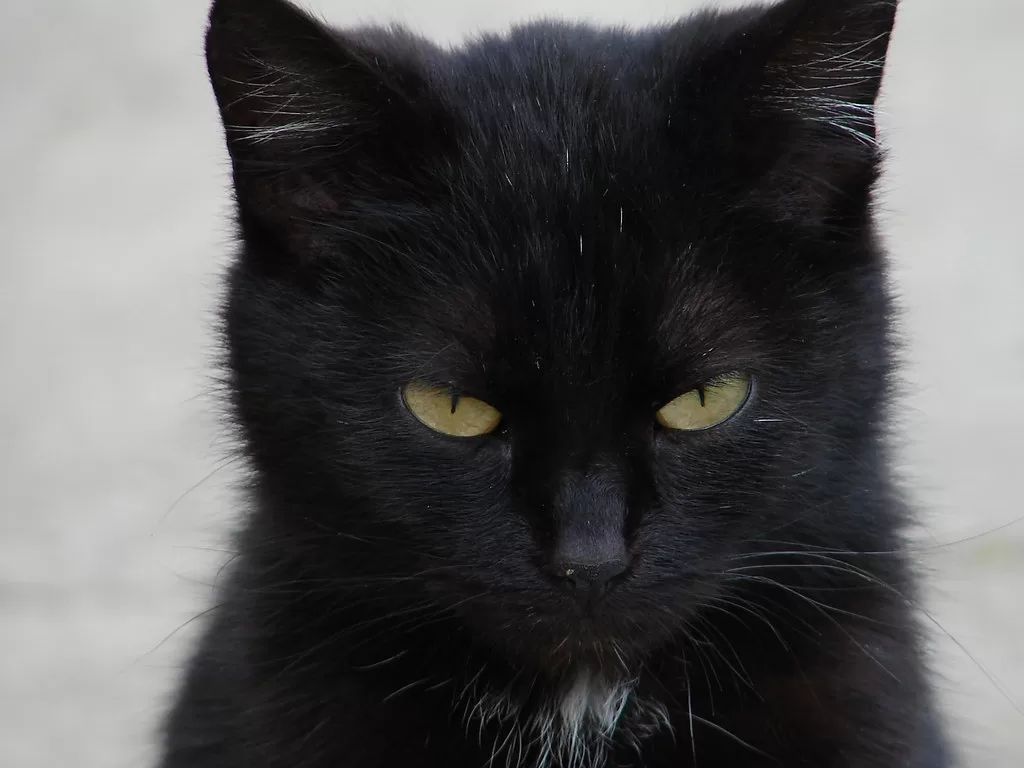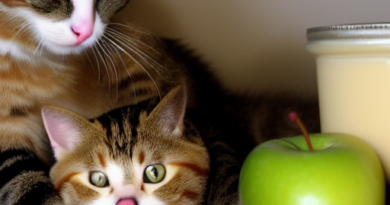Exploring the Ethical Dilemma: Should I Euthanize a Paralyzed Cat
Ethical dilemmas in veterinary care for paralyzed cats are complex and emotionally challenging situations that pet owners may face. When a cat becomes paralyzed, pet owners are often faced with difficult decisions regarding the cat’s future. These decisions can have a profound impact on the well-being and quality of life of the cat, as well as the emotional well-being of the pet owner. Ethical decision making is crucial in these situations to ensure that the best possible care is provided for the paralyzed cat.
The Moral Quandary: Deciding the Fate of a Paralyzed Cat
When a cat becomes paralyzed, pet owners are faced with a moral quandary regarding the fate of their beloved pet. The decision to euthanize or provide long-term care for a paralyzed cat is not an easy one to make. It requires careful consideration of the cat’s quality of life, potential for recovery, and the emotional and financial implications for the pet owner.
This decision can be emotionally taxing for pet owners, as they must grapple with feelings of guilt, sadness, and uncertainty. They may feel torn between wanting to provide the best possible care for their cat and not wanting to prolong their suffering. The emotional toll of making such a decision should not be underestimated, as it can have long-lasting effects on the pet owner’s mental health.

See Also: When To Euthanize A Cat With IBD?
Understanding the Ethical Dilemma: Weighing the Options for a Cat with Paralysis
When faced with a paralyzed cat, pet owners have several options to consider. Euthanasia is one option that is often considered, especially if the cat’s paralysis is irreversible or if its quality of life is severely compromised. This decision raises ethical considerations regarding the humane treatment of animals and the responsibility to prevent unnecessary suffering.
Another option is long-term care, which involves providing ongoing medical treatment and support for the paralyzed cat. This option can be financially and emotionally demanding for pet owners, as it requires a significant commitment of time, resources, and energy. Ethical considerations, in this case, include the pet owner’s ability to provide adequate care and the potential impact on the cat’s well-being.
Alternative treatments, such as physical therapy or acupuncture, may also be considered. These treatments can offer hope for potential recovery or improvement in the cat’s condition. However, ethical considerations arise when evaluating the effectiveness and safety of these treatments, as well as the financial burden they may impose on the pet owner.
The Importance of Ethical Decision Making in Veterinary Care for Paralyzed Cats
Ethical decision making is crucial in providing the best care for paralyzed cats. It ensures that the cat’s welfare and quality of life are prioritized, while also considering the emotional and financial well-being of the pet owner. Making ethical decisions in these situations requires careful consideration of all available options, weighing the potential benefits and drawbacks, and seeking expert advice when necessary.
Unethical decisions can have serious consequences for both the paralyzed cat and the pet owner. If a cat is euthanized prematurely or without proper consideration of their quality of life, it can result in unnecessary suffering. On the other hand, if a cat is kept alive without adequate care or support, it can lead to a diminished quality of life and prolonged suffering.

The Rights and Welfare of Animals: Balancing the Needs of a Paralyzed Cat
Veterinarians and pet owners have an ethical responsibility to prioritize the welfare of paralyzed cats. This includes ensuring that their physical and emotional needs are met, and that they are not subjected to unnecessary suffering. The concept of animal rights applies to paralyzed cats as well, as they deserve to be treated with compassion, respect, and dignity.
Balancing the needs of a paralyzed cat can be challenging, as it requires considering their individual needs and limitations. This may involve providing pain management, mobility aids, or environmental modifications to improve their quality of life. It also means recognizing when euthanasia may be the most humane option to prevent further suffering.
Exploring the Medical and Emotional Considerations for a Paralyzed Cat’s Quality of Life
The quality of life for a paralyzed cat is influenced by various medical and emotional factors. From a medical perspective, pain management is crucial to ensure that the cat is comfortable and free from unnecessary suffering. This may involve the use of medication, physical therapy, or other interventions to manage pain and improve mobility.
Emotional considerations are also important in determining a paralyzed cat’s quality of life. Cats are social animals and require mental stimulation and social interaction to thrive. Pet owners must consider whether their paralyzed cat can still engage in activities that bring them joy and fulfillment, or if their condition prevents them from experiencing a good quality of life.

Ethical Dilemmas in Veterinary Medicine: Evaluating the Long-term Care Options for a Paralyzed Cat
Long-term care options for paralyzed cats raise ethical considerations regarding the financial burden on pet owners and the impact on the cat’s well-being. Providing long-term care for a paralyzed cat can be expensive, as it often involves ongoing medical treatment, specialized equipment, and modifications to the home environment.
Pet owners must carefully evaluate their ability to provide the necessary care and support for a paralyzed cat. This includes considering their financial resources, available time and energy, and emotional capacity to handle the challenges that come with long-term care. Ethical decision making in these situations requires an honest assessment of one’s capabilities and limitations.
The Role of Guardianship: Making Difficult Choices for a Paralyzed Cat’s Well-being
Pet owners serve as guardians for their pets and have a responsibility to make decisions in their best interest. This role can be challenging when faced with difficult choices regarding the well-being of a paralyzed cat. Guardians must consider not only the immediate needs of the cat but also their long-term prognosis and quality of life.
Being a guardian for a paralyzed cat can be emotionally taxing, as it requires making decisions that may involve the end of their life or significant changes to their care. Pet owners may experience feelings of guilt, sadness, and uncertainty as they navigate these difficult choices. It is important for guardians to seek support from veterinarians, experts, and support groups to help them make informed decisions and cope with the emotional toll.

Ethical Perspectives on Euthanasia: Assessing the Moral Implications for a Paralyzed Cat
Euthanasia is a topic that raises ethical considerations in veterinary care for paralyzed cats. Different ethical perspectives exist regarding the moral implications of euthanasia. Some argue that euthanasia is a compassionate choice to prevent further suffering in cases where a cat’s quality of life is severely compromised. Others believe that every effort should be made to provide long-term care and support for paralyzed cats, even if their prognosis is poor.
Ultimately, the decision to euthanize a paralyzed cat should be based on a thorough assessment of its quality of life and potential for recovery. It should be made in consultation with veterinarians and experts who can provide guidance and support in navigating this difficult decision.
Alternative Treatments and Rehabilitation: Ethical Considerations for a Paralyzed Cat’s Recovery
Alternative treatments and rehabilitation can offer hope for paralyzed cats by potentially improving their condition or quality of life. However, ethical considerations arise when evaluating the effectiveness and safety of these treatments. Pet owners must ensure that they are pursuing evidence-based practices and making informed decisions about the potential benefits and risks.
It is important to consult with veterinarians and experts who specialize in alternative treatments and rehabilitation to ensure that the best possible care is provided for the paralyzed cat. Open dialogue and collaboration between pet owners, veterinarians, and experts are crucial in navigating ethical dilemmas and making informed decisions.

The Importance of Open Dialogue: Engaging with Veterinarians and Experts to Navigate Ethical Dilemmas in Paralyzed Cats
Open communication and collaboration between pet owners, veterinarians, and experts are essential in navigating ethical dilemmas in veterinary care for paralyzed cats. Pet owners should seek multiple perspectives and expertise to ensure that they are making the best possible decisions for their paralyzed cat.
Engaging in open dialogue allows pet owners to ask questions, express concerns, and receive guidance from professionals who have experience in caring for paralyzed cats. It also provides an opportunity to discuss the ethical considerations involved in different treatment options and make informed decisions based on the best available evidence.
Conclusion
Ethical dilemmas in veterinary care for paralyzed cats are emotionally challenging situations that require careful consideration and decision-making. Pet owners must weigh the options available, considering the cat’s quality of life, potential for recovery, and the emotional and financial implications for themselves. Ethical decision making is crucial in providing the best possible care for paralyzed cats and ensuring that their welfare is prioritized. Open dialogue and collaboration between pet owners, veterinarians, and experts are essential in navigating these ethical dilemmas and making informed decisions.
Enjoyed This Article? You May Also Like:




